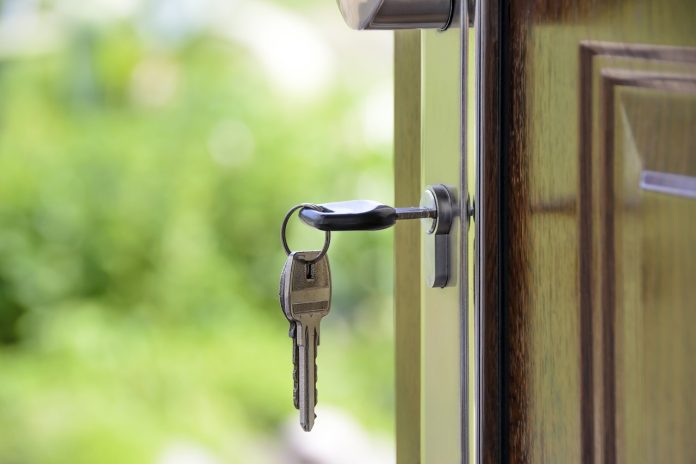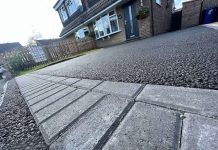Since the Covid-19 pandemic, 4,900 homes have been repossessed until June 2022 across England and Wales. Facing a house repossession is one daunting and unpleasant experience no one would like to encounter. However, there is a way for you to stop repossession.
In today’s article, we’ll provide a few essential tips that can help you avoid house repossession, so let’s start!
Contact Your Lender
If you receive the first notice regarding overdue payments, you should immediately initiate a communication with your lender. Also, explore your options and seek legal advice to devise a plan for how to repay your debt. Due to this, you will get more time to come up with an effective plan.
Keep in mind that before presenting your payment proposal, the lender must respond or accept a revised payment plan. The lender can even reduce your interest rates. Unfortunately, the worst-case scenario is that you’ll receive just a warning about commencing the repossession procedure.
But even in this stage, negotiating is crucial as the law requires creditors to respond positively to reasonable negotiation attempts. Therefore, you can find a better solution and get some time that will help you solve your financial problems.
Get Help from Advisor
House repossession can occur due to bad financial problems. Therefore, it may be a problem for you to hire a legal expert. In such an event, the best solution is to get reliable legal advice for free. More precisely, there are house repossession advisors that offer such services for free.
In the UK, the Department for Communities and Local Government ensures that you can access free legal representation in most major county courts. You can inquire about this option and receive full guidance on the legal aspects of the repossession process by contacting your local county court.
In addition, homeowners avoid house repossession in half of the cases guided by free legal representatives.
Request Repossession Loans
Another way you can stop the repossession process is by getting a bridging or repossession loan. This includes transferring your debt from your current lending company to another one, which leads to discontinuing all repossession processes by the previous lender.
However, this option is available if you have a good credit history and a reliable plan to pay off your debt in the near future. That’s why it’s crucial to consider your financial situation before going for this approach.
Sell Your House
Selling your house should be the last option you should consider. However, if you’re in a financial situation that is unlikely to improve, you should think about selling your property to a buying company.
This will help you get cash quickly, and you will also have control over the sale. By employing a cash buyer company, you can sell your house even within a week, which will help you stop house repossession.
You may get lower than the market value of your house with this approach, but you’ll receive a fair cash sum, with all legal fees calculated in it.
Conclusion
Preventing house repossession is a challenging but not impossible task. Nowadays, there are many solutions you can consider, such as getting free legal advice, negotiating with your lender, or selling your property as the last option.
Keep in mind that the key is to take action immediately so you have more time to get assistance and explore your options.







